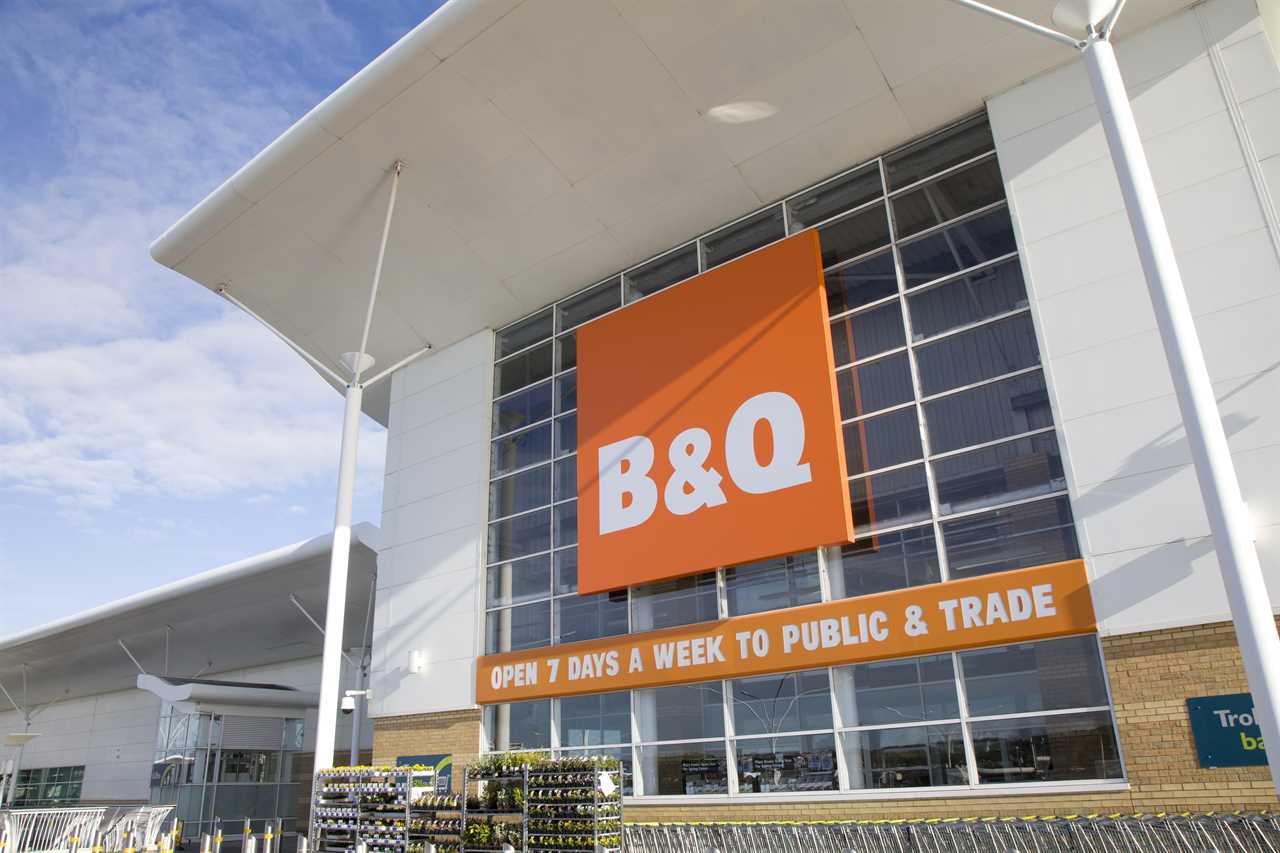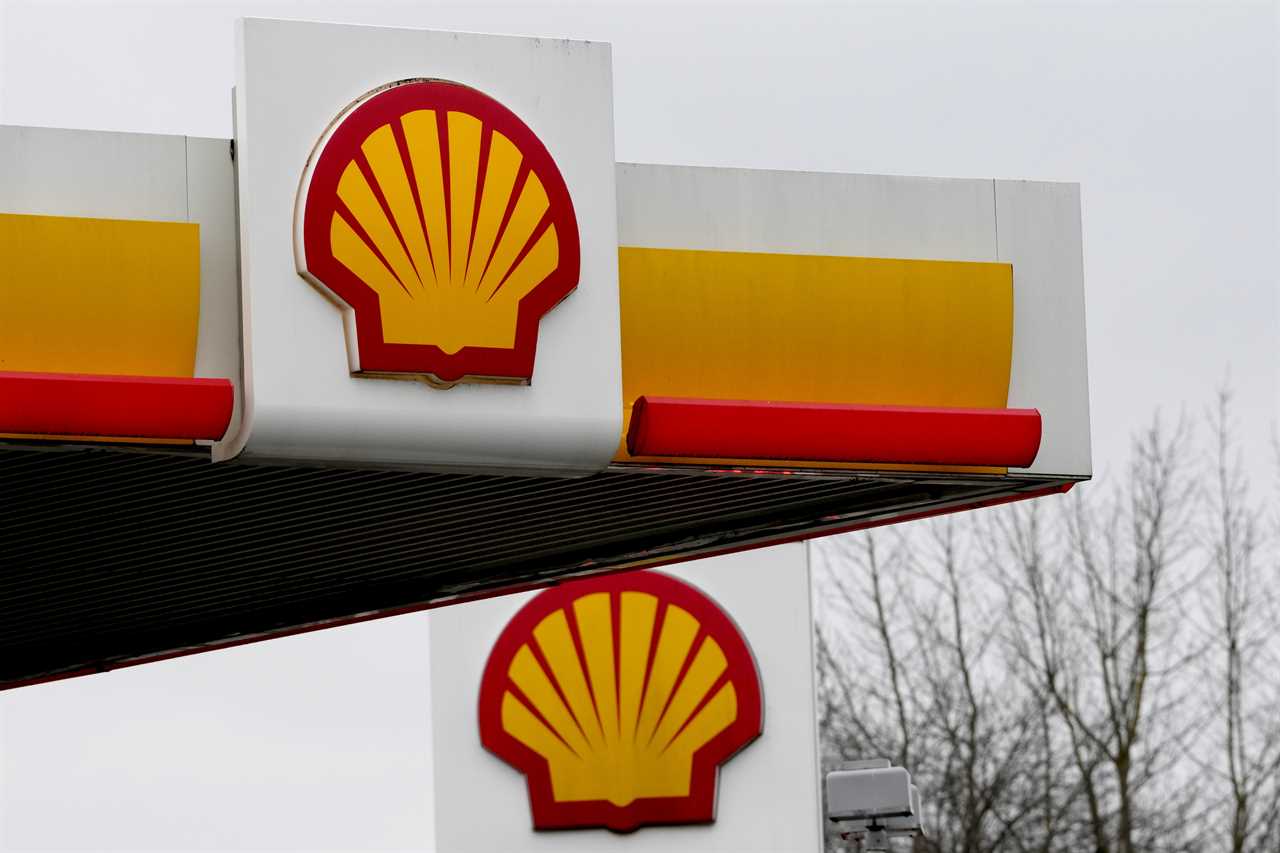
Retail Giants Call for Fair Business Rates
The leaders of Screwfix and B&Q have urged the Chancellor to urgently address business rates amidst proposed tax cuts for major US tech firms like Amazon. Thierry Garnier, CEO of Kingfisher, highlighted that online retailers already benefit from significant advantages. He emphasized that reducing rates for US tech companies would further disadvantage traditional brick-and-mortar businesses, which already shoulder higher tax burdens.
Kingfisher is currently grappling with an additional £145 million in costs this year, with £45 million attributed to changes in national insurance contributions and upcoming packaging levies. The company also faces increased rates under new government plans targeting more valuable and larger properties. Garnier has advocated for a phased approach to these changes, allowing businesses to adjust their budgets accordingly. However, these pleas have so far gone unheard as the Chancellor contends with tight finances and the necessity to increase defense spending.
Despite the financial pressures, Kingfisher remains optimistic in the UK market. Screwfix is set to launch 30 new small City stores this year, creating 400 jobs and boosting its efficient Screwfix Sprint delivery service by 40 percent. Over the past year, Kingfisher reported total revenues of £12.7 billion and pre-tax profits of £306 million.
Fever-Tree Bubbles Up in the US Market
While Fever-Tree, the renowned tonic maker, experiences a surge in the United States, its performance in the UK faces challenges. The British beverage company reported a 9 percent increase in US sales, reaching £128 million, contrasted by a 3 percent decline to £111 million in the UK.

To strengthen its presence in America, Fever-Tree has partnered with US brewer Molson-Coors, aiming to expand its range of ginger beers and mixers, including a new Espresso Martini cocktail mix. Additionally, the company has collaborated with actress Margot Robbie’s Papa Salt gin brand to introduce its first ready-to-drink cans featuring a "blood orange gin spritz" with soda instead of tonic.
FCA Chief Warns of Growth Risks
Nikhil Rathi, head of the Financial Conduct Authority (FCA), has expressed concerns that the government's push for economic expansion may come with unintended consequences. Speaking to MPs, Rathi called for a balanced debate on the advantages and potential dangers of prioritizing growth.
The FCA is currently reviewing mortgage lending practices and considering changes to savings accounts to encourage retail investors to take on more risk. However, Rathi cautioned against the increasing number of young people investing in high-risk assets like cryptocurrencies, which carry the possibility of substantial financial losses.
Shell Shifts Focus to Gas Investments
Shell is steering its strategy towards natural gas while reducing investments in renewable energy sources. The energy giant plans to increase the sale of liquefied natural gas (LNG), anticipating higher demand from AI data centers worldwide that require substantial power. Instead of reducing oil production to lower carbon emissions, Shell intends to maintain current levels and cut back on less profitable, low-carbon initiatives.

CEO Wael Sawan aims to enhance Shell’s market value to match its American competitors, stating, "We are investing where we have competitive strengths and delivering more for our shareholders." Reflecting his commitment, Sawan's annual remuneration rose by 8.5 percent last year, reaching £8.6 million as reported in Shell’s accounts.
Aldi Targets Premium Beef Market
Aldi is set to become the UK's largest seller of premium Wagyu beef following a £320 million deal with Yorkshire-based Warrendale Wagyu. This partnership will enable Aldi to offer 2.5 million steaks annually. The introduction of Wagyu steaks and burgers, known for their rich fat marbling, is part of Aldi’s strategy to attract more middle-class customers. Priced at approximately £6.99, these steaks are about £10 cheaper than those offered by Waitrose.
BYD Overtakes Tesla in Sales
Chinese electric vehicle manufacturer BYD has surpassed Tesla in global sales for the first time, marking a significant milestone in the automotive industry. BYD, based in Shenzhen, saw its sales increase by 29 percent last year to reach $107 billion (£83 billion), outpacing Tesla’s $97.7 billion (£76.6 billion).
This growth comes as Tesla experiences declining sales, particularly in Europe, where some consumers are boycotting the brand due to CEO Elon Musk's political affiliations and support for controversial figures.
Retail Sales Take a Hit
Retail sales have declined this month, impacted by ongoing trade tensions and uncertainties surrounding the Budget. According to the CBI business lobby, sales volumes for March fell by 41 percent, the steepest drop since last July’s election-related jitters. This marks the sixth consecutive month of declining sales.
Martin Sartorius of the CBI emphasized the need for policies that restore business confidence and encourage investment ahead of the upcoming Spring Statement. The sustained downturn underscores the broader challenges facing the UK retail sector as it navigates a tumultuous economic landscape.
Frequently Asked Questions
What are credit scores and why are they important?
Credit scores are numerical representations of an individual's creditworthiness, calculated based on credit history, payment behavior, and debt levels. They are important because they impact the ability to obtain loans, credit cards, and favorable interest rates, affecting overall financial health.
What are the risks associated with investing in the stock market?
Investing in the stock market involves several risks, including market volatility, economic downturns, and company-specific factors that can lead to losses. Investors may also face liquidity risk, where they cannot sell an investment quickly without incurring a loss. Diversification and thorough research can help mitigate these risks.
What are the different types of money?
The main types of money include commodity money, which is based on physical goods like gold or silver; fiat money, which is government-issued currency not backed by a physical commodity; and digital currency, which exists electronically and is often decentralized, such as cryptocurrencies.
How can I budget my money effectively?
To budget effectively, start by tracking your income and expenses to understand your spending habits. Set realistic financial goals, categorize your expenses, and allocate funds accordingly. Regularly review and adjust your budget to ensure it reflects your current financial situation and objectives.
What are the benefits of having an emergency fund?
An emergency fund provides financial security by offering a safety net for unexpected expenses, such as medical emergencies or job loss. It helps prevent debt accumulation, reduces stress, and allows for better financial planning, ensuring that individuals can navigate unforeseen circumstances without significant hardship.
How can I improve my credit score?
To improve your credit score, make timely payments on all debts, reduce credit card balances, avoid opening unnecessary credit accounts, and regularly check your credit report for errors, disputing any inaccuracies. Maintaining a mix of credit types and keeping old accounts open can also be beneficial.
What is the difference between saving and investing?
Saving typically involves setting aside money in a secure account for short-term needs or emergencies, while investing involves using money to purchase assets like stocks or real estate with the expectation of generating a return over the long term. Investing carries higher risks but offers the potential for greater rewards.
Statistics
- As of 2021, the median household income in the U.S. was approximately $67,521, according to the U.S. Census Bureau.
- According to the Federal Reserve, approximately 39% of Americans do not have enough savings to cover a $400 emergency expense.
- A study by the National Endowment for Financial Education found that 60% of Americans do not have a budget.
- According to the Bureau of Labor Statistics, the average American spends about $1,500 per year on coffee.
- A report by Bankrate indicated that only 29% of Americans have a written financial plan.
- According to a Gallup poll, 56% of Americans report that their financial situation is better than it was a year ago.
- As of 2021, the average student loan debt for recent graduates was approximately $30,000, according to the Federal Reserve.
- The average return on investment for the S&P 500 over the past 90 years is about 10% per annum.
External Links
How To
How To Choose the Right Insurance Policies
Choosing the right insurance policies is crucial for protecting your assets and financial well-being. Start by assessing your needs based on your lifestyle, dependents, and financial situation. Research various types of insurance, such as health, auto, home, and life insurance, to understand the coverage options available. Compare quotes from multiple insurance providers to ensure you are getting the best rates and coverage. Read reviews and seek recommendations to gauge the reliability of the insurance companies. Finally, regularly review your policies to ensure they evolve with your life changes, adjusting coverage as needed for optimal protection.
 PoliticsRoyaltySoap OperaGamingMoneyPrivacy PolicyTerms And Conditions
PoliticsRoyaltySoap OperaGamingMoneyPrivacy PolicyTerms And Conditions
